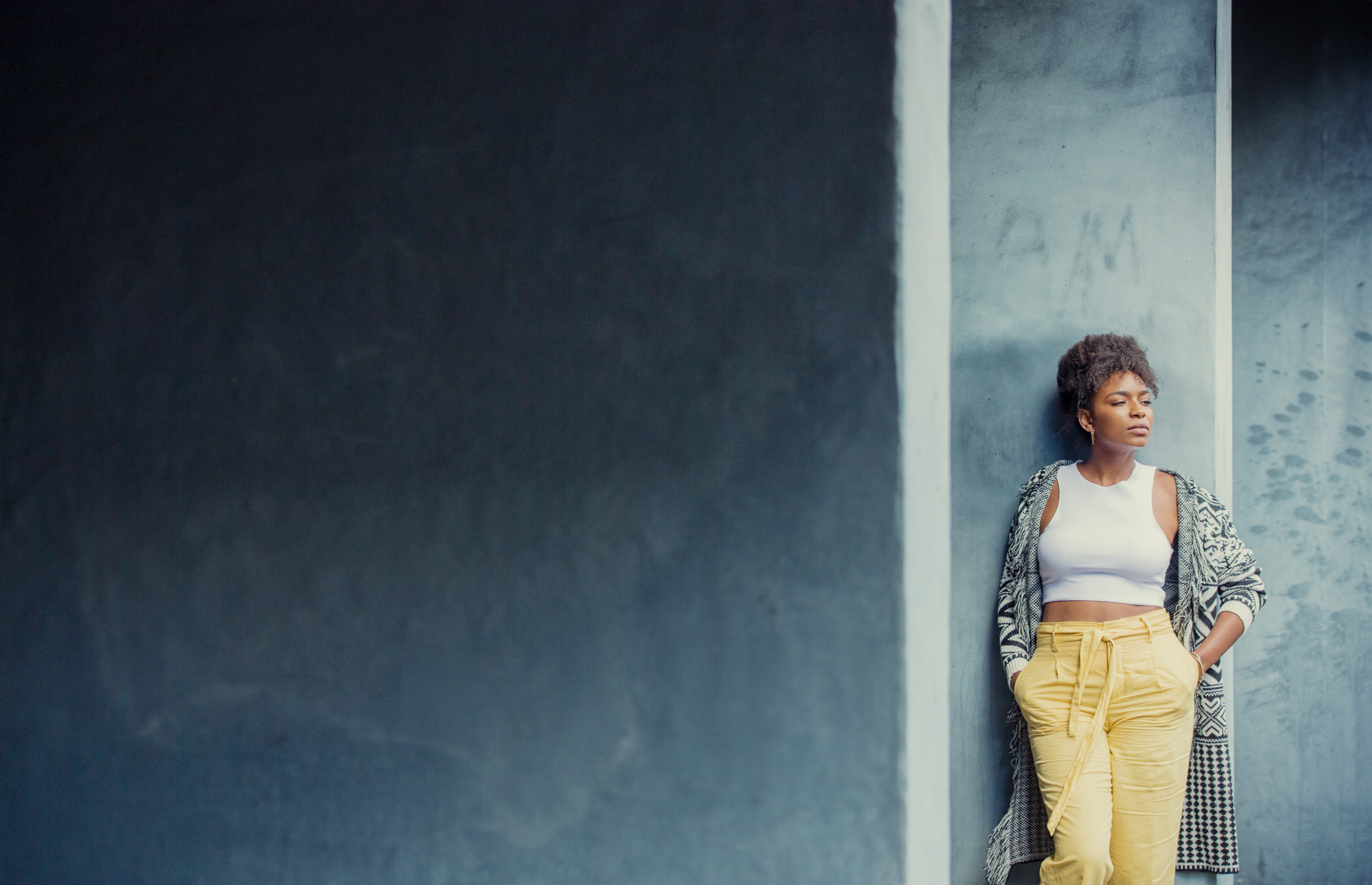
It only seems like yesterday that I couldn't tell you what or how I had just taken a photograph – the only discernable recognition of the fact was the satisfying clunk of my Zenith ET's shutter mechanism (it had enough clout that it would register on seismic instruments) – and the fact that I would be grinning.
But even that wasn't confirmation – on various, possibly numerous, occasions, I would either forget to put a film in the camera or would break a film and was busily exposing the same frame for the 12th time – eventually realizing that the film counter was now going round for the second time and it could only mean one thing...
Even now, it brings me out in a cold sweat, having to unclip the camera back in a darkened room and feeling gingerly to 'see' if there was film in there.
Assuming I had hit the button at the right moment, there was film in the camera, and somehow I had lined up the focus indicators; who knows what the exposure would be like? Boots, Snappy Snaps, and Max Spielmann seemed to have the answer and would guide me using much-appreciated small stickers plastered over my admittedly disappointing, high-gloss-finish prints.
Life was different back then.
I still own that old camera. At the time, it was state of the art (I don't know what the 'art' in that phrase refers to) and it was my pride and joy. It sits on a shelf at the studio, and very occasionally, I drag it out and fire the release a few times to hear the satisfying clang of the shutter and the clickety-clickety-thunk as you reset the winder. Even the smell of the 'never-ready' leather case brings back happy childhood memories.
Basic, yes, but it was all I needed to create the pictures I loved.
Now I have a Nikon Z9 (I've been a Nikon fan for decades), and this thing is almost part of me with its instantaneous response and near-perfect focus. 50,000,000 small dots of light, all coming together for a pin-sharp moment. Sometimes it's a little too sharp (I have a current client asking me to make the pictures, well, less good – "too many wrinkles, not enough romance". I am not kidding.)
But the question is: do we need technology to create the pictures?

I suppose you could argue it was simpler back then: computers were still in their infancy, and processing was all done by a lab somewhere – in fact, all you had to do (all you could do) was point the camera, get a light reading, try and make sure it was in focus and squeeze the trigger – then it was a waiting game to see what came back.
Now, we are surrounded by options – cameras, lenses, applications, LUTs, plugins, presets, AI this and AI that – all purporting to help me be a better photographer.
So do I need it?
Nope.
And yet, of course, I do – you would have to rip the technology from my cold, dead hands. Apologies for hijacking the phrase.
Although the manufacturers constantly tell me that the technology is there for my benefit, I am a realist – it is there for them to make more money. The fact that it is useful is simply a way to persuade me to pay for it. I am not under any illusion. Whether it's lens coatings, eye-tracking focus, global-shutter technology, bit depth, pixel density, AI scene recognition, eternal battery life, viewfinder brightness, high-speed shooting rates or power-up times, the list goes on and precisely none of it is a charitable endeavor: it is ALL there to help me part with my hard-earned cash.
And it works.
I have all of it.
And it makes me a better photographer. But not in the ways that people might think.
Let's take the Z9 as an example. I honestly couldn't tell you what is in half of the menus (possibly less than half) and I certainly don't push its capability (the night mode is a thing of beauty, but I have absolutely no idea what to do with it). In fact the first thing I do with almost every camera I buy is to put it into manual mode and learn the focusing system. That is all.
I do want it to be 'automatic' but not in a technology sense, rather I want it to be automatic in a very human sense: I want to be able to 'see' the shot in my head, swing the camera to my eye, roll the dials without thinking about it, lock the focus knowing it will lock onto my subject's eyes and hit the button all in a fraction of a second, knowing the picture will be there. Sharp and correctly exposed.
I know some will argue there is joy in slowing things down, taking time to consider the image, appreciating the moment etc. etc., but that's not me: I was ALWAYS (even on that Russian brick of a camera) about capturing that split second when someone's eyes sparkled. It cost me a lot of film (and helpful stickers), but that made the picture magical.
And it's still true: it's about that moment in time, whether it's about the laughter, the tears or a dog mid-flight as it tears towards me, I want the technology to help me and not get in the way.
So, do we need the latest and greatest?
No, of course we don't.
But that won't stop me from buying it.
You don't NEED the best cameras for portrait photography, nor the best lenses for portrait photography, but you know you WANT them anyway…







